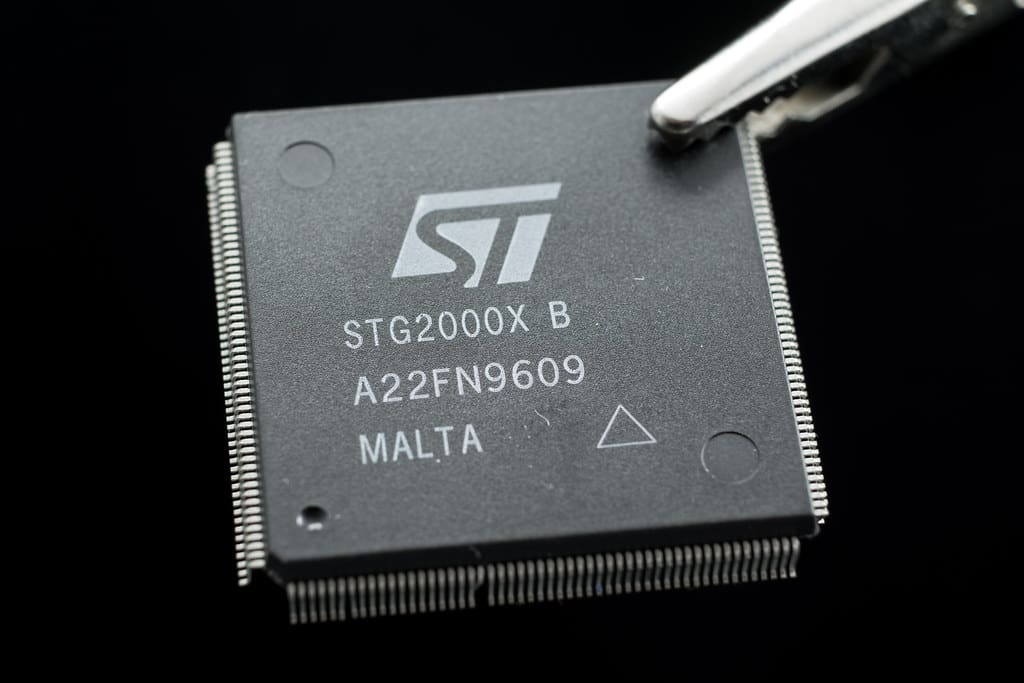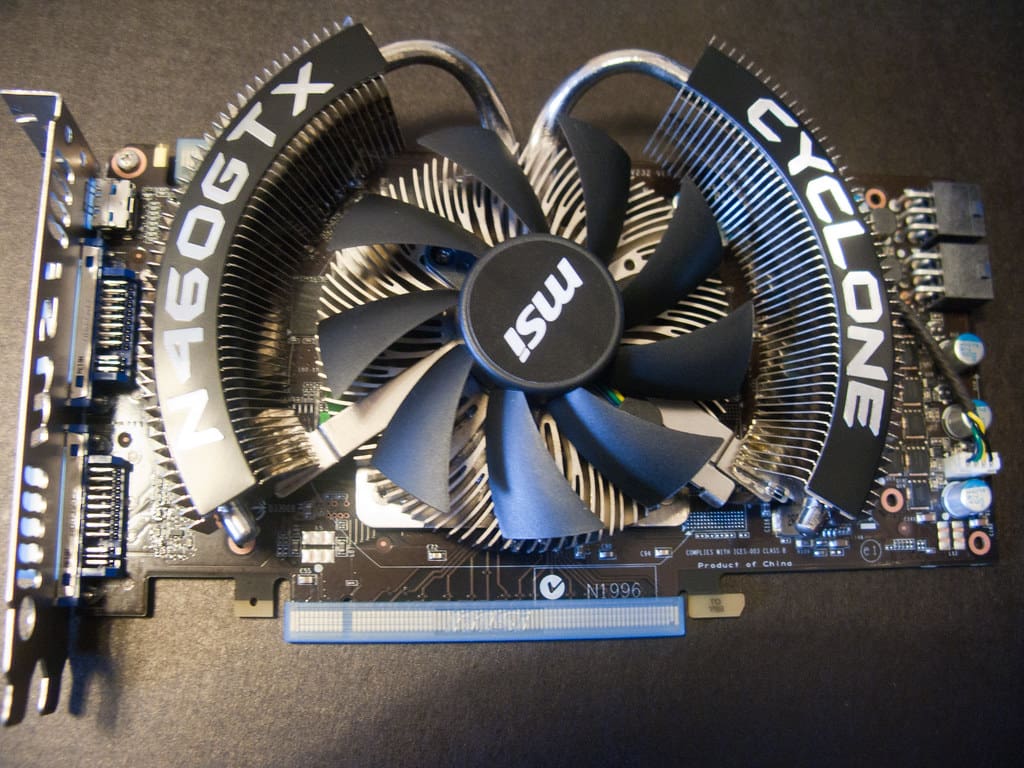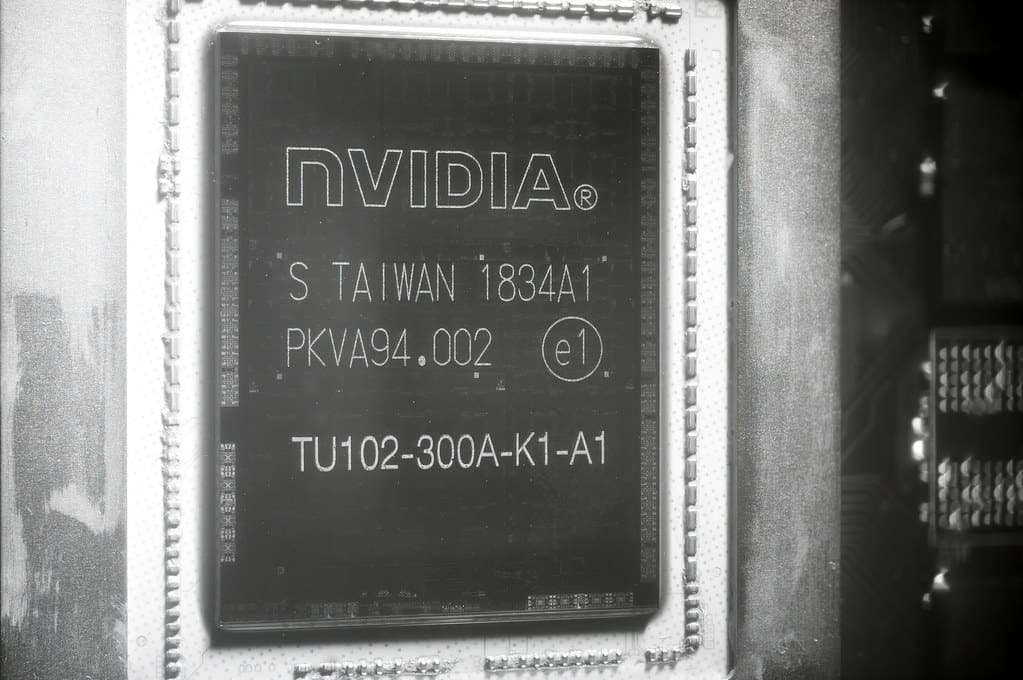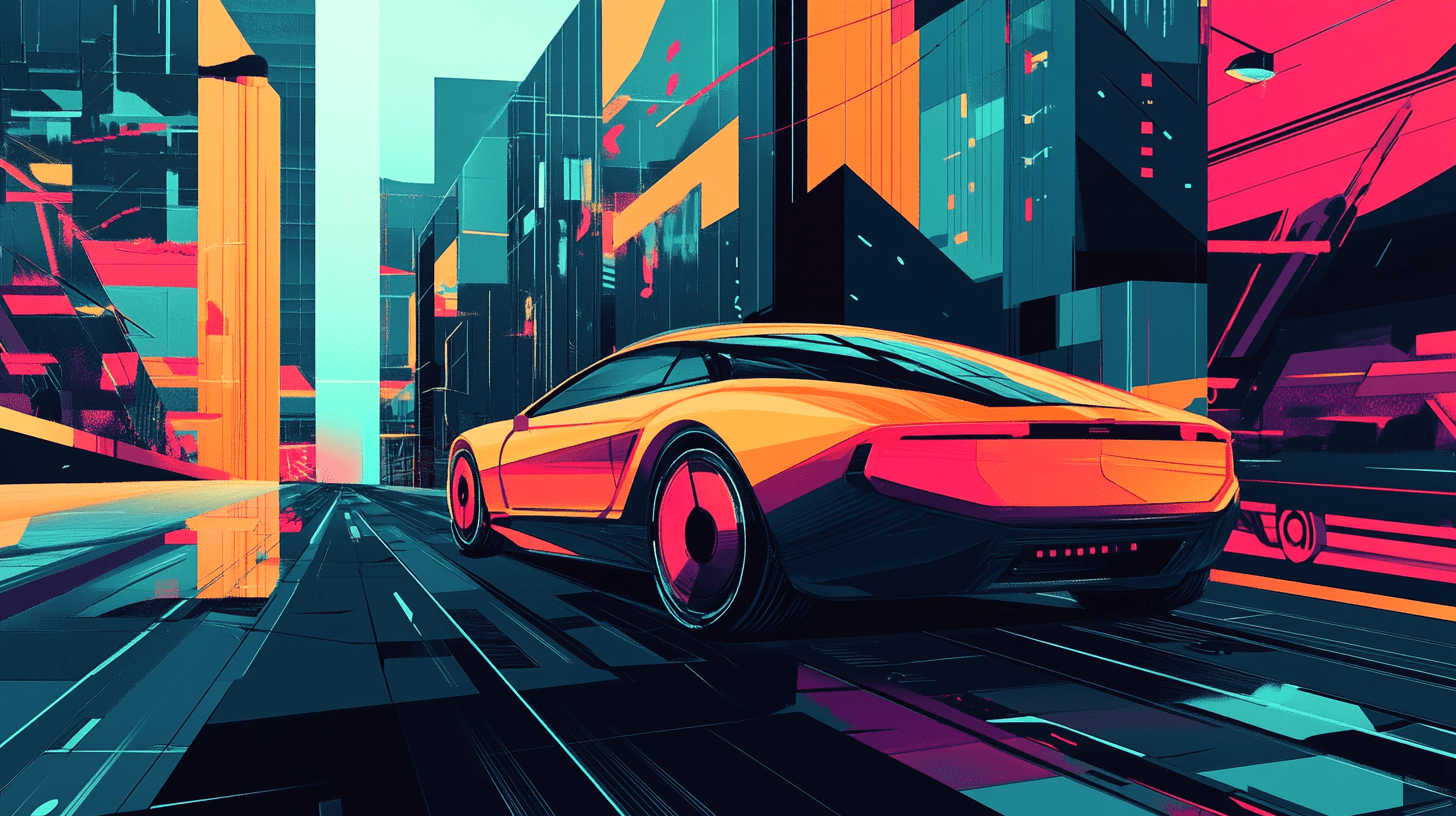Alibaba Group Holding has recently partnered with AI tech giant Nvidia on a new self-driving technology initiative. The pair are collaborating to create a new artificial intelligence program that will supposedly increase the capabilities of existing self-driving car programs.
True autonomous driving is still a long way off according to most experts. Even most of the futuristic mainstream vehicles on the market today aren’t employing this tech yet (thought they do have some really cool features). Some companies, like Tesla, are beta-testing their cars’ self-driving capabilities on open roadways, regulators and drivers alike still have reservations about the technology. After all, driving is a complicated endeavor that involves making millions of nuanced decisions and reacting to new information.
Will self-driving tech eventually be considered one of the worst automotive advancements in history?
AI’s Limitations

How can anyone expect a non-thinking program to keep up with the kinds of creative thinking and problem-solving that a human is capable of? Now, many programmers and developers in the world of self-driving cars are convinced that the most realistic path forward to creating true self-driving cars involves AI.
Artificial intelligence, which is something of a misnomer, isn’t exactly intelligent. It’s a type of program that can programmatically search through an index of information that was used to “train” it on specific outputs. In the case of a chatbot like ChatGPT, this output is in the form of text.
So, for a self-driving car program, the output would be solutions for piloting a vehicle. In theory, if a sufficiently trained AI program was met with typical road conditions, one could expect it to “react” like a human being. But, remember, AI needs to be “trained” on real-world data. It’s not capable of learning in a true sense, and it’s also not capable of reasoning or intuiting based on information it’s observing.
Partnership

This creates quite a conundrum for automakers. That’s why Alibaba and Nvidia are working together. Alibaba is offering Nvidia the use of its Alibaba Cloud technology, a digital cloud platform, to help offload the heavy lifting for cars that will use their paired technology. Together, the two are co-developing Banma Network Technology.
The cloud technology that Alibaba is using contains numerous large language models, or LLMs, which are capable of running everything from programming assistance to the aforementioned chatbots. Notably, Nvidia has already been pursuing self-driving car technology under its Nvidia Drive platform. Many Chinese EV manufacturers, like Great Wall Motors and Xiaomi, are already using this technology.
Nvidia’s technology makes it easier for the tech within self-driving cars to handle complex computations without large power demands on the vehicle. Those are instead offloaded to AI servers, where specialized hardware can make the more complex driving formulas.
New Opportunities

Interestingly enough, part of the pair’s excitement regarding their partnership with each other is their announcement that this technology could be used to create in-car assistants that can hold multi-step conversations with drivers. These could include describing the local topography, suggesting when to use certain safety features, and acting as an automated tour guide.
Nvidia has been quite successful in China, despite being barred from exporting its latest and greatest chips there by US export laws. The company continues to enjoy soaring stock prices due to widespread investment in AI technology.








